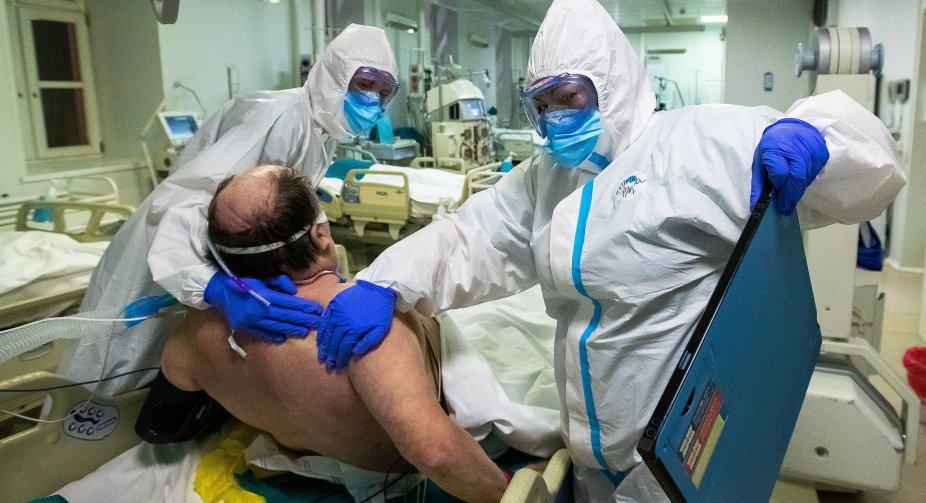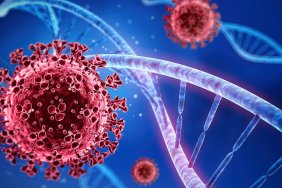A future strain of Covid-19 could be far more dangerous and cause far more deaths and cases of serious disease than Omicron, leading British scientists warn. This is reported by The Guardian.
Epidemiologist Mark Woolhouse of the University of Edinburgh emphasized the danger posed by the common assumption that variants of Covid-19 will wane. "The Omicron variant does not come from the Delta variant. It comes from a very different part of the genealogical tree of the virus. And since we don't know where the new variant will come from in the genealogical tree of the virus, we can't know how pathogenic it might be. It could be less pathogenic, but it could just as easily be pathogenic," Woolhouse said.
This point was echoed by virologist Professor Lawrence Young of the University of Warwick. "People seem to assume that there has been a linear evolution of the virus from Alpha Beta to Delta Omicron. But that's not the case. The notion that variants of the virus will keep getting milder is wrong. For example, the new one may turn out to be even more pathogenic than the Delta variant," the professor said.
David Nabarro, the World Health Organization's special representative for Covid-19, also noted the uncertainty of how future variants might behave. "There will be more variants after Omicron, and if they are transmitted faster, they will dominate. Also, they could cause different disease patterns, in other words, they could be more lethal or have longer-term consequences," Nabarro noted. Nabarro urged authorities to continue to prepare for the possibility of more people getting sick and needing hospital care.






